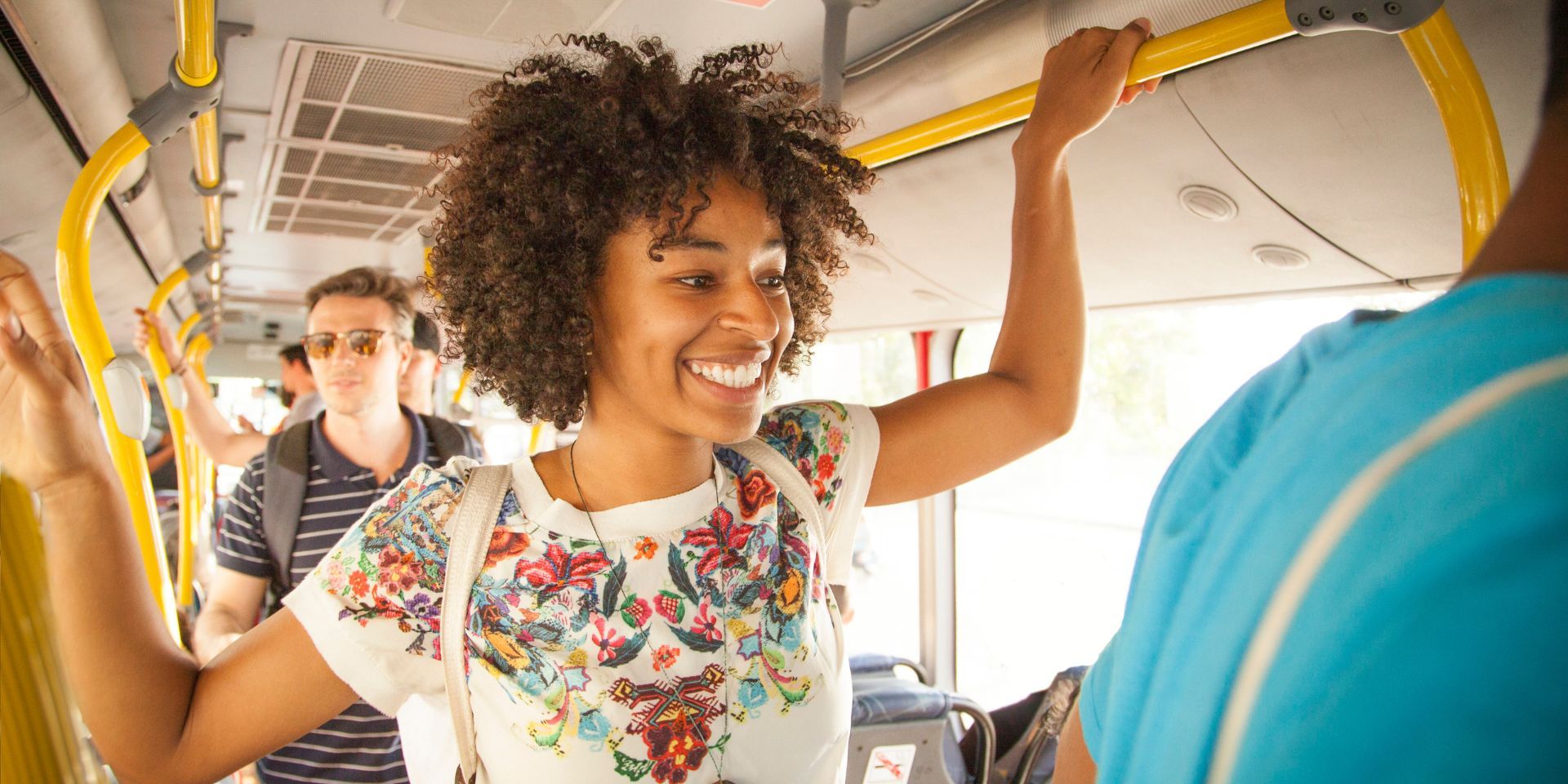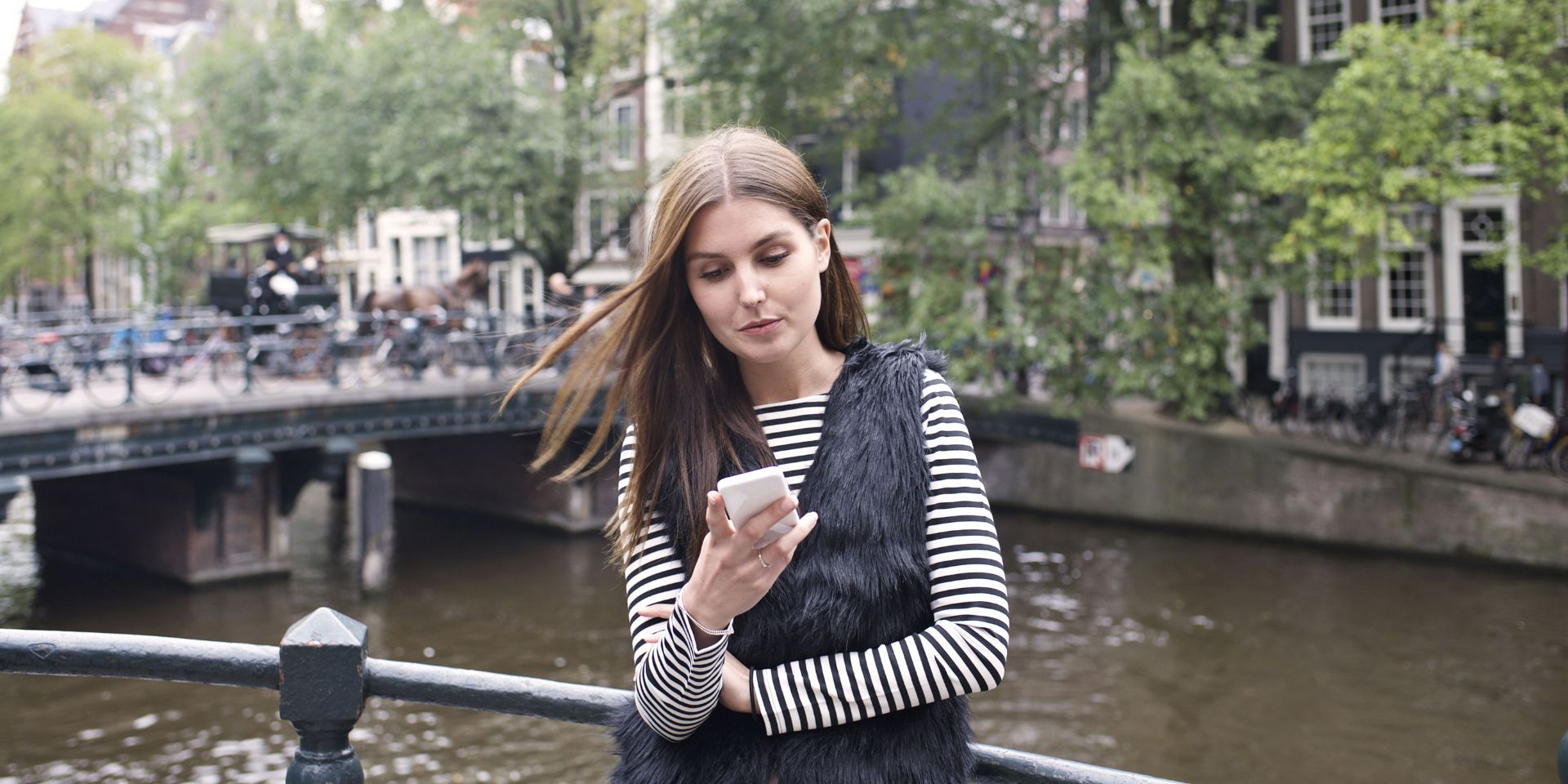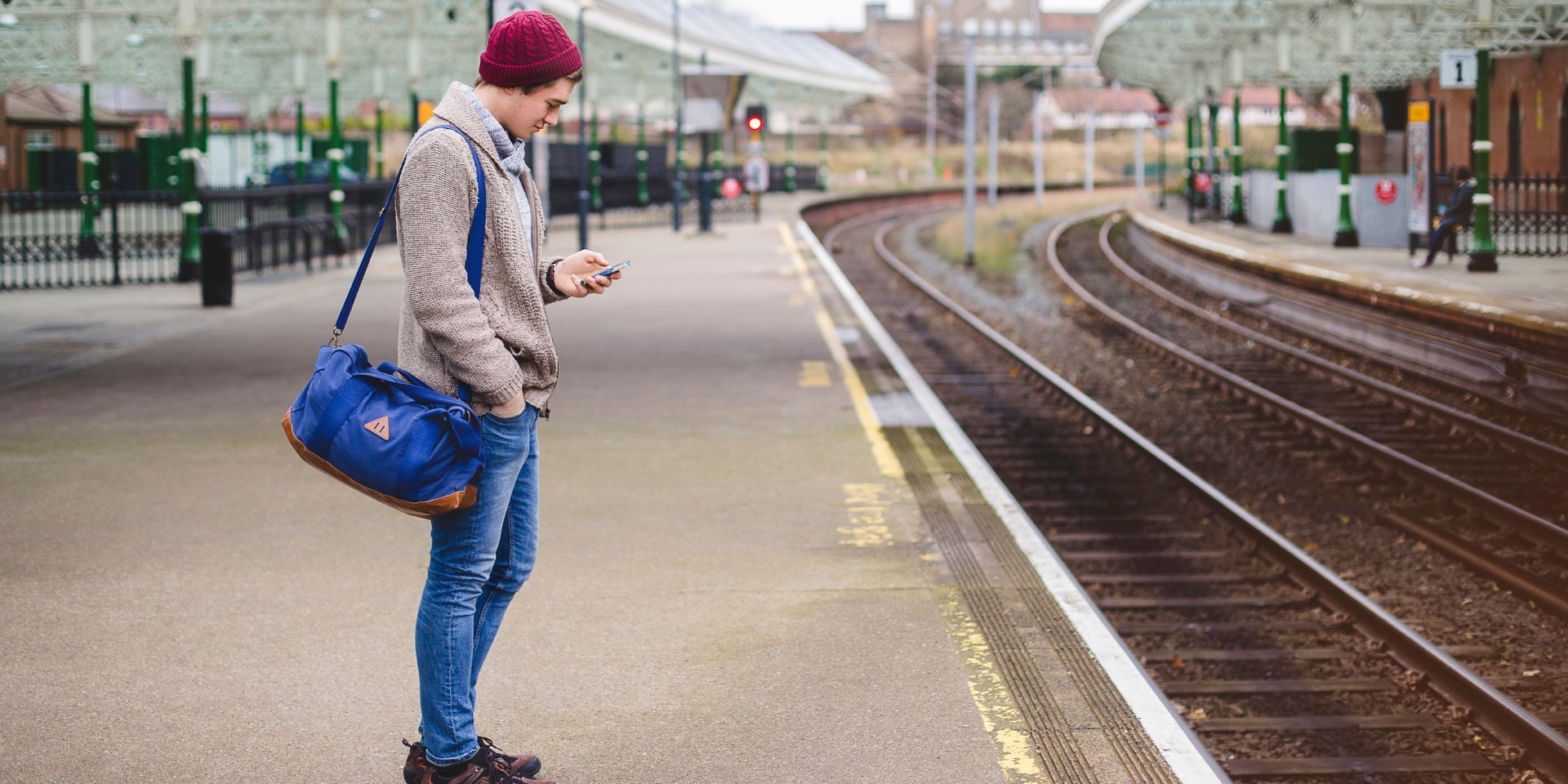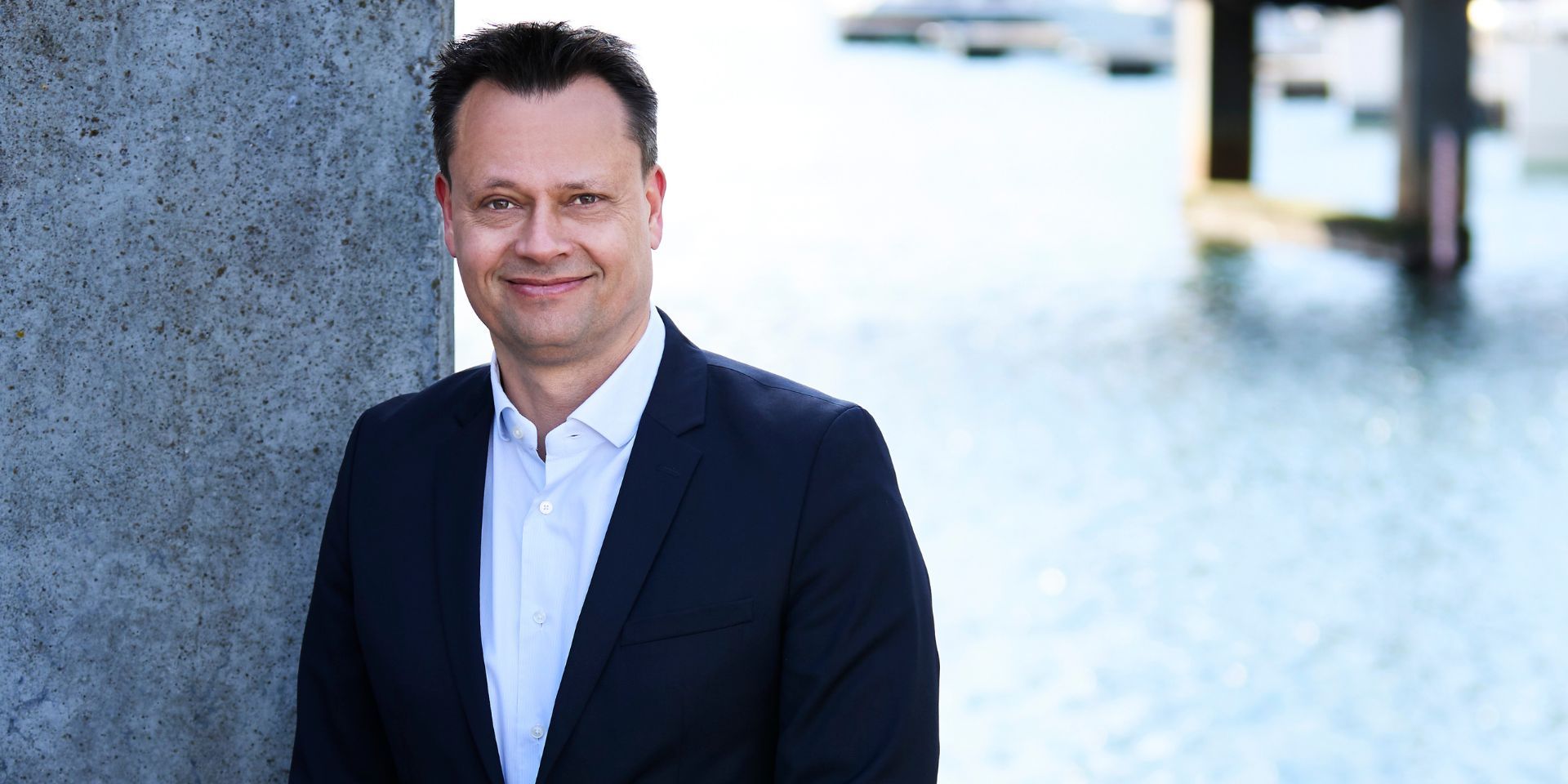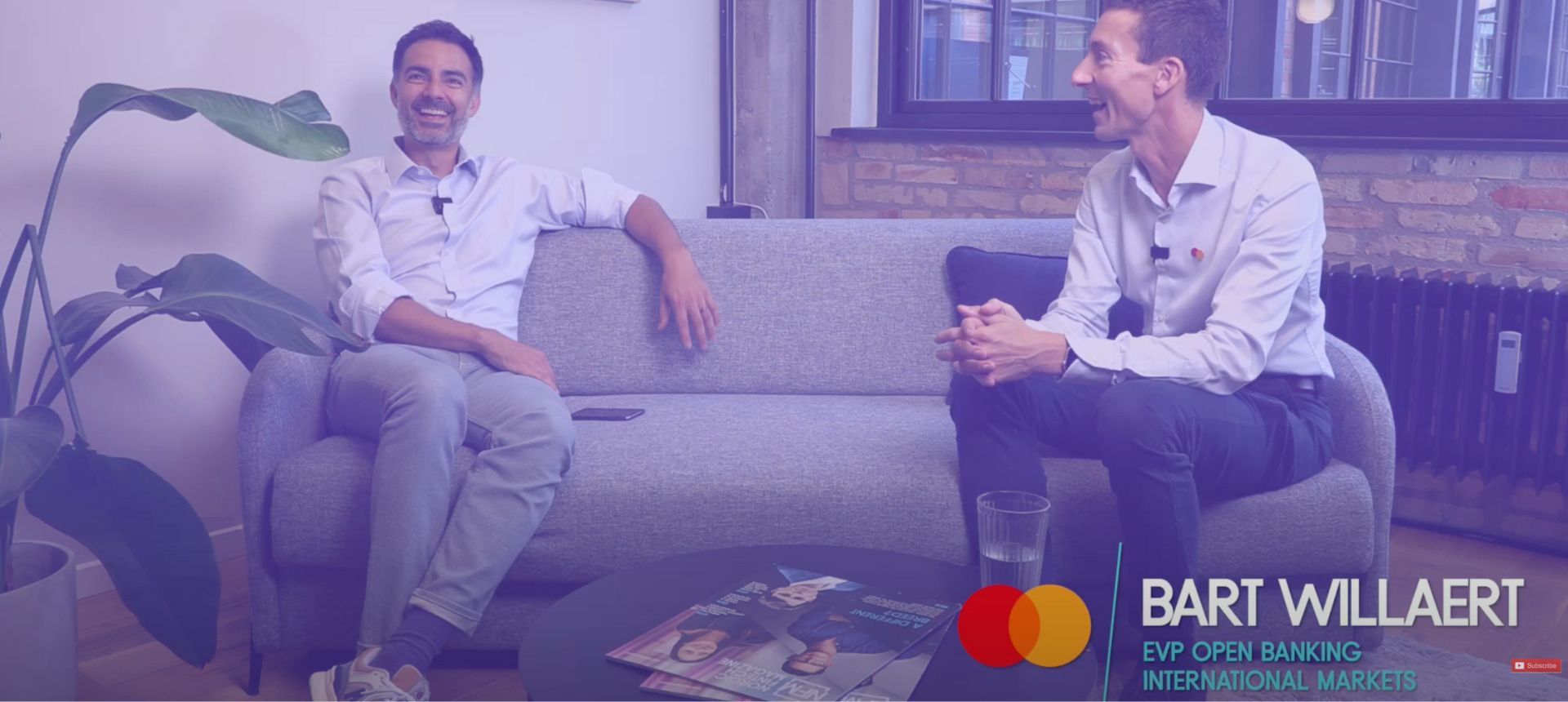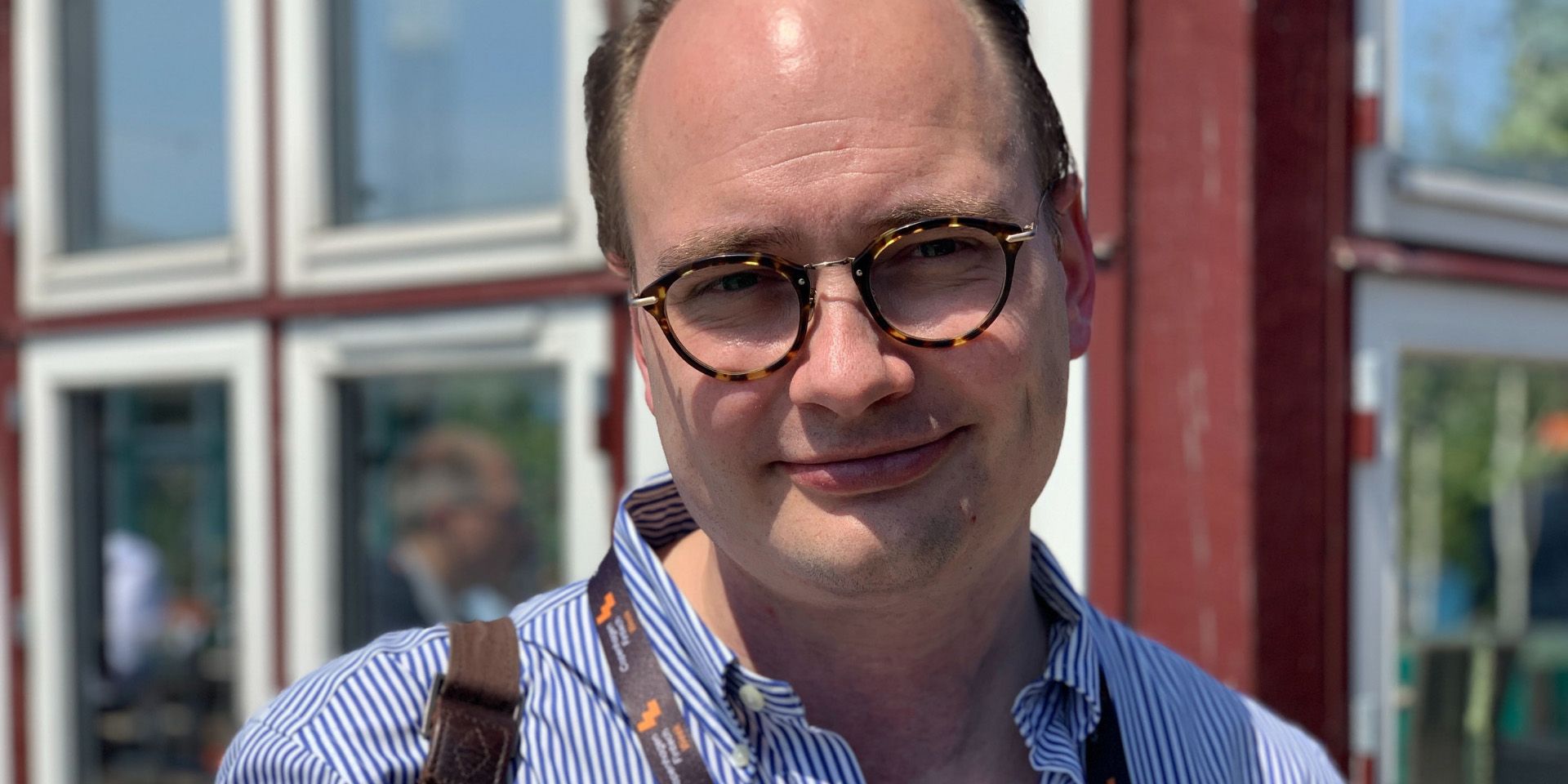
Who actually owns your data?
July 21, 2019 | Louise Basse
In today's digital world, data has become an essential part of creating personalised services that benefit consumers more than ever.
But who actually owns your data?
To explore the topic, we sat down with Deloitte’s Digital Director in the Nordics, Rasmus Winther Mølbjerg, to talk about using data for the greater good.
Let’s hear what he said.
Data. The key to user-driven services?
There’s no doubt that the recent PSD2 initiatives have empowered users with better and more convenient services.
And for the past four years, Rasmus Winther Mølbjerg has investigated how Deloitte’s clients can use data to build user-centric services:
“Right now, we’re seeing a lot of new solutions that are adding value to data, such as budget apps, prediction features and consultancy services”, Rasmus Winther Mølbjerg says and adds:
“Start-ups especially have started to build user-driven solutions, and I think we’re going to see a lot more of that in the future”.
So. What’s the next big wave?
As head of Deloitte Digital’s Next Gen team, Rasmus Winther Mølbjerg is always looking at how technology will impact the next generation.
And according to him, data shouldn’t be free of charge in the future:
“Until now, we’ve given away our data for free to both banks, the insurance industry and third-party providers that are innovating on top of our data. So, from a user-friendly and convenience point of view, it’s clear that PSD2 is boosting innovation — but I still don’t believe the consumer is in full control of their own data. And that’s something I believe will change in the generations to come”, Rasmus Winther Mølbjerg says and continues:
“If I own my own data — and manage who has access to my data — then I’m also the only one controlling what my data can be sold and used for”.
Zero-knowledge proof will be a game-changer
But if everyone in the future is going to own their data, how can you manage who are allowed to access your data?
According to the Deloitte Next Gen team, identification and zero-knowledge proof will play a particularly big role in that:
“With zero-knowledge proof, you will be able to share information without sharing any form of data. And how can you do that? Well. An easy example would be when you login to your computer in front of a large audience that can see your computer on a big screen — but they can only see dots, and not the password itself. In this way, you can prove who you are without sharing your actual data”, Rasmus Winther Mølbjerg says and concludes:
“In the future, we will be able to do a lot more with zero-knowledge proof. As data will be encrypted, citizens themselves can really control their data, but at the same time also prove their identity”.
Who do you think will own your data in the future? Join the debate and share your thoughts in the comments below. We’re always curious to hear new perspectives from different industries.
